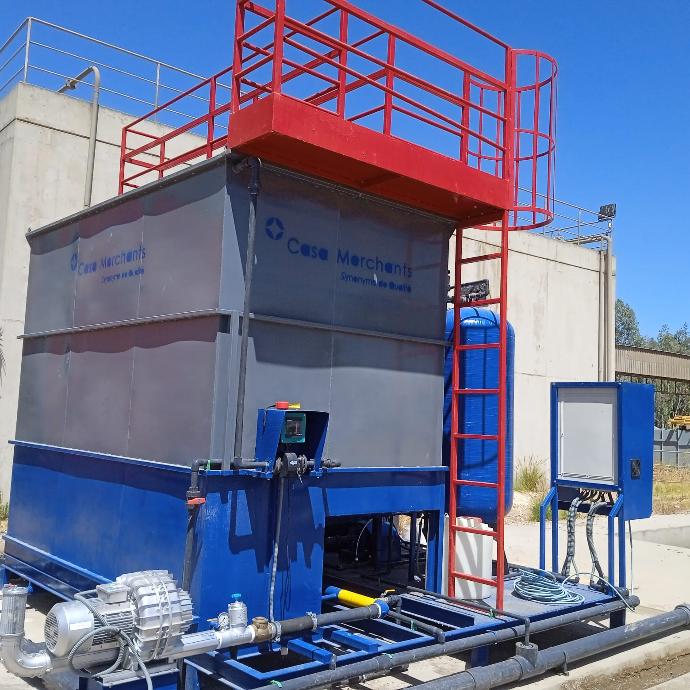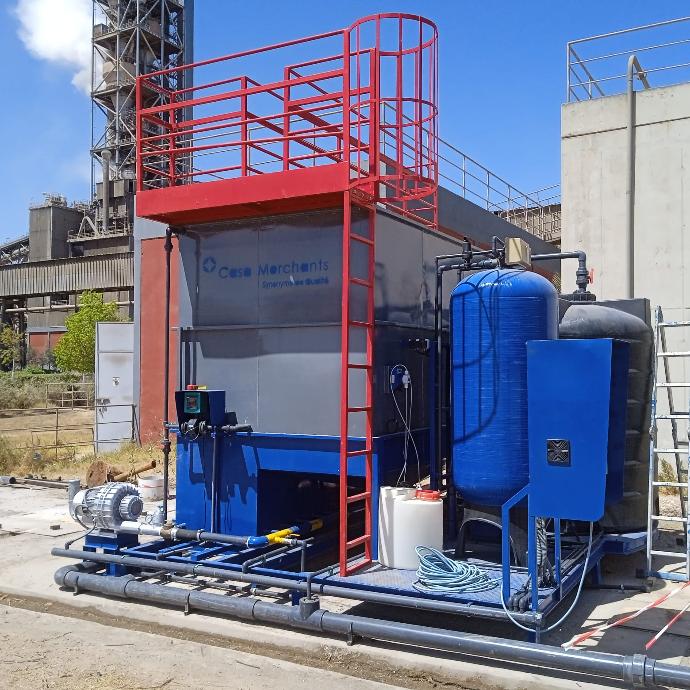Primary Treatment:
Effective Wastewater Management
Wastewater Treatment
Wastewater TreatmentWastewater treatment is a crucial process designed to remove contaminants from water, making it safe for discharge into the environment or reuse. This comprehensive guide explores the fundamental aspects of wastewater treatment, emphasizing its significance in water management and environmental sustainability.Wastewater treatment involves a series of processes aimed at eliminating or reducing pollutants and impurities from water. These processes play a vital role in safeguard
Key Components of Wastewater Treatment:
Key Components of Wastewater Treatment:Primary Treatment: Initiates the process by physically removing large solids and floating materials from wastewater. Secondary Treatment: Harnesses biological processes to further break down organic matter, ensuring thorough purification. Tertiary Treatment: Elevates the purification process through additional filtration and disinfection, resulting in the production of pristine treated water.

Why Wastewater Treatment is Imperative :
Why Wastewater Treatment is Imperative :1. Environmental Sustainability: At the heart of environmental sustainability lies wastewater treatment. By purging harmful substances from wastewater, we can seamlessly reintegrate treated water into natural water bodies, fostering ecosystem health and resilience. 2. Water Management: Effective wastewater treatment serves as the linchpin of responsible water management practices. It guarantees the conservation and efficient utilization of water resources,
